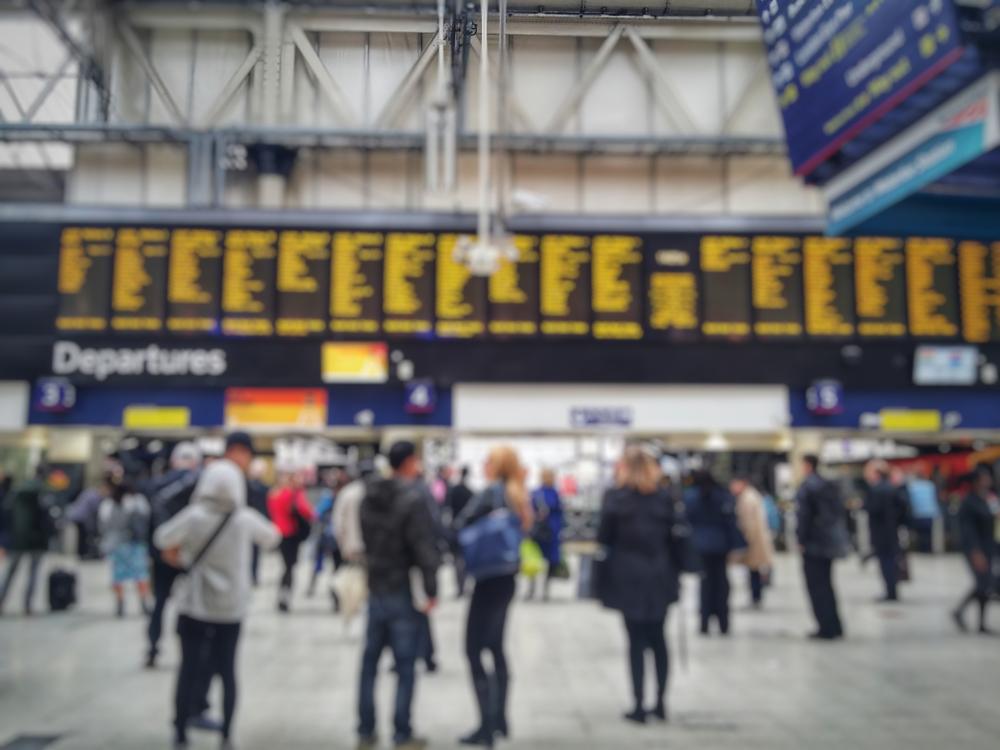Train fares will increase on average by 3.1% in January.
The Rail Delivery Group said on Friday have confirmed that the cost of fares in the UK will for the fourth time in the past six years.
There have been calls this year to freeze prices following major disruptions to lines and the new timetable introduced in May.
Rail fares have grown faster than wages. The latest rise will add another £100 to the Manchester to Liverpool annual season ticket.
“Value for money needs to be a key part of the upcoming government review and passengers must receive automatic compensation for delays and cancellations,” said Alex Hayman of consumer group Which?.
At the start of 2018, rail fares increased by 3.4%, just below the 3.6% cap.
Paul Plummer, Chief Executive of the Rail Delivery Group, said:
“Nobody wants to pay more to travel, especially those who experienced significant disruption earlier this year.
“Money from fares is underpinning the improvements to the railway that passengers want and which ultimately help boost the wider economy. That means more seats, extra services and better connections right across the country.”
Whilst 98p of every pound the consumers spend on rail fares is reinvested into railways, the increase of ticket prices has not gone down well.
“Rail passengers have endured enough this year, with botched timetable changes and delays to their journeys which led to the worst punctuality figures for 12 years,” said Darren Shirley, the chief executive of the Campaign for Better Transport.
“The government should introduce a fares freeze from January. Any future fare increases should be based on the consumer price index rather than an outdated and discredited measure of inflation. Rail travel should be affordable so passengers aren’t left struggling with the cost of their commute,” he added.
The changes to fare prices will come into effect on January 2.

